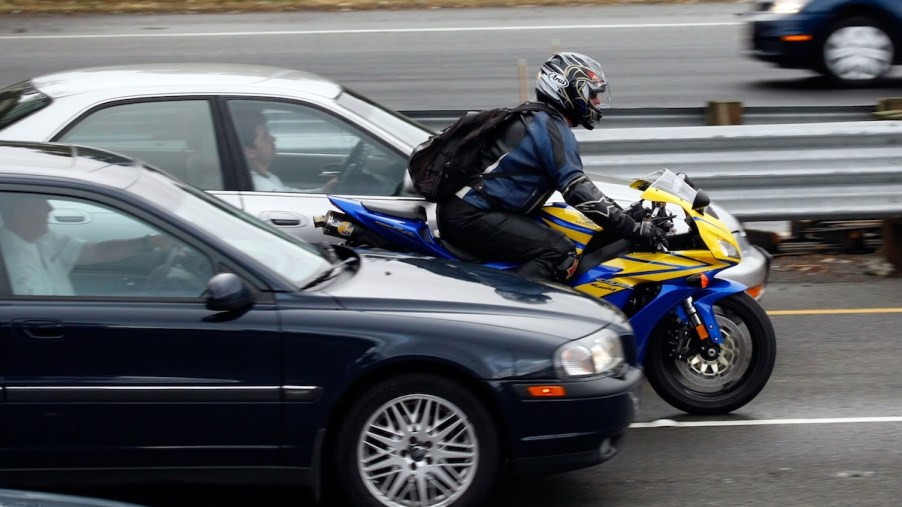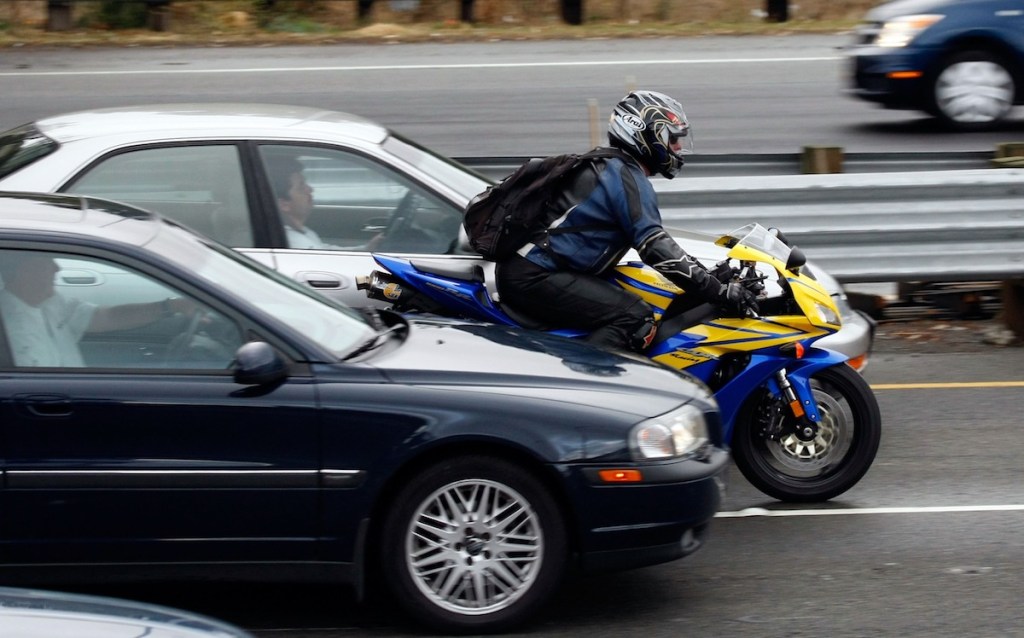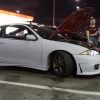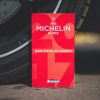
Are Motorcycles Without Mufflers Illegal in the United States?
New motorcycle sales in the U.S. have dropped comparatively to their historic numbers. In 2017, about 472,000 sales occurred compared to 2007’s over a million, in new sales. These motorcycle numbers from Statista don’t actually paint a picture of what’s happening in the automotive world as registered motorcycles in the U.S. has risen constantly since 2007 according to the Department of Transport.
The most obvious reason for the downturn in 2008 is the financial crisis which made it impossible for most people to buy a new bike or even keep their new ride. But that wasn’t the only reason.
Noise restriction rules

Since 1986 there has been a noise restriction of 80db from the Federal Government. However, these aren’t the only rules and each state, and some cities, have their own noise restriction rules.
There are some exceptions to this, and states differ on noise level depending on the bike’s age. But generally speaking, the 80db rules are what’s followed for bikes that were built post 1986.
How the states differ
Like we said before, not all states treat your motorcycles the same. Out of the 50 States, D.C., and Puerto Rico, just 15 of them follow only the EPA guidelines. They each have their own individual statewide laws which you can check out on AAA’s website.
Generally speaking, California, which has the highest amount of registered motorcycles, has the most lenient laws regarding motorcycle noise. Alongside Montana which has 6 different laws regarding noise.
On the opposite side are states like Hawaii and Delaware which require unmodified mufflers for all bikes.
So can I ditch the muffler for my motorcycle?
Yes, but also no. From a technical standpoint there is no federal law in the U.S. saying you have to have a muffler on your motorcycle as long as it is noise compliant. Some states, like New Mexico, do require you to have a muffler.
As previously mentioned, the different states have their own set of rules as well. If you really want to avoid having a muffler, but still aim to be noise compliant, the easiest place to do it is probably California. Where, if your motorcycle is pre-1970, your decibels can go up to 92, 88 for 1969-1973 models, and 84db’s for models from 1974-1984.
Now engines from back then tend to be louder than the threshold, but there are no laws saying that you can’t swap out the engine for a more modern one. Be warned though, if you swap the engine and want a new exhaust, if the aftermarket exhaust is from 2013 or later, it has to comply with the 80db rule.
Why registrations have gone up for motorcycles
Once again, the number of registrations has increased consistently for over a decade while new sales decreased. A big part of this has to do with the noise laws implemented. Instead of buying new bikes people are opting to refurbish and redo older models instead.
This is primarily due to the cost, but also the feeling of riding which has changed in current years. Motorcyclists tend to be riders for life. So getting the right feeling and the right sound out of your motorcycles is important.
There has also been an addition of electric motorcycles into the market which are homemade quite often. These bikes obviously don’t need mufflers as they don’t use combustion engines.
How companies have adjusted for the future
The largest U.S. motorcycle company, Harley-Davidson, has made some key adjustments to their new motorcycles to try to gain traction with those that like their bikes with a distinct sound. This came in the way of designing and implementing a unique sound to their engine, thanks to a hard-working team of sound engineers.
Overall though, Harley-Davidson, like many other motorcycle companies, have changed their tactics to now focus on electric bikes, which are, by default, noise compliant. That being said, some companies, including Harley-Davidson, have been looking or are already implementing artificial engine sounds into electric bikes to maximize rider satisfaction. A statistic motorcycle companies pride themselves on.


